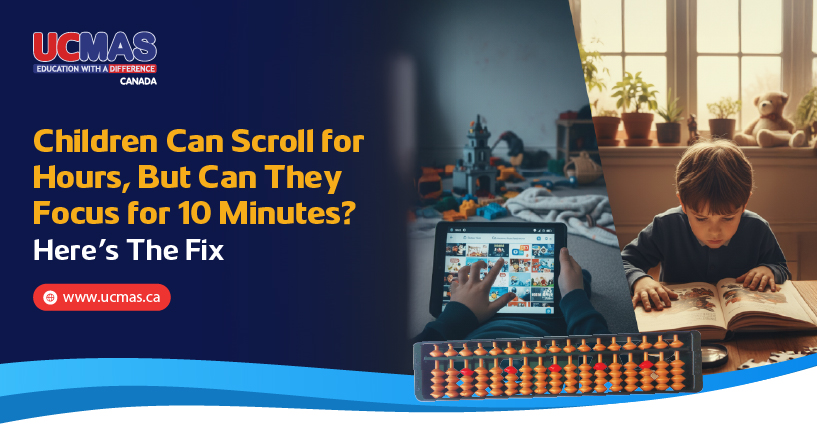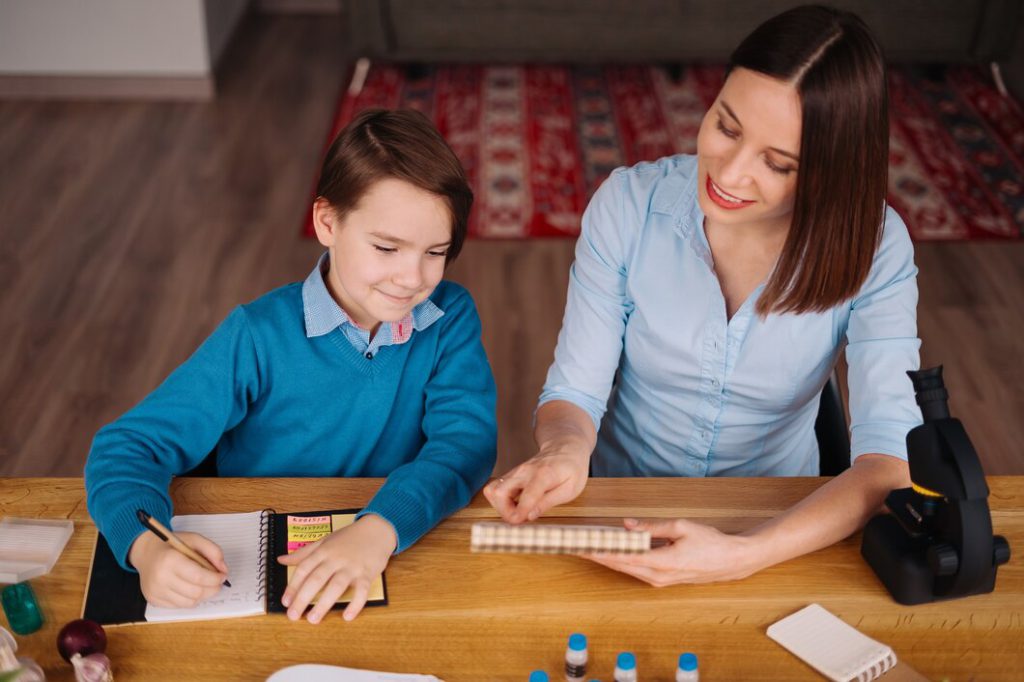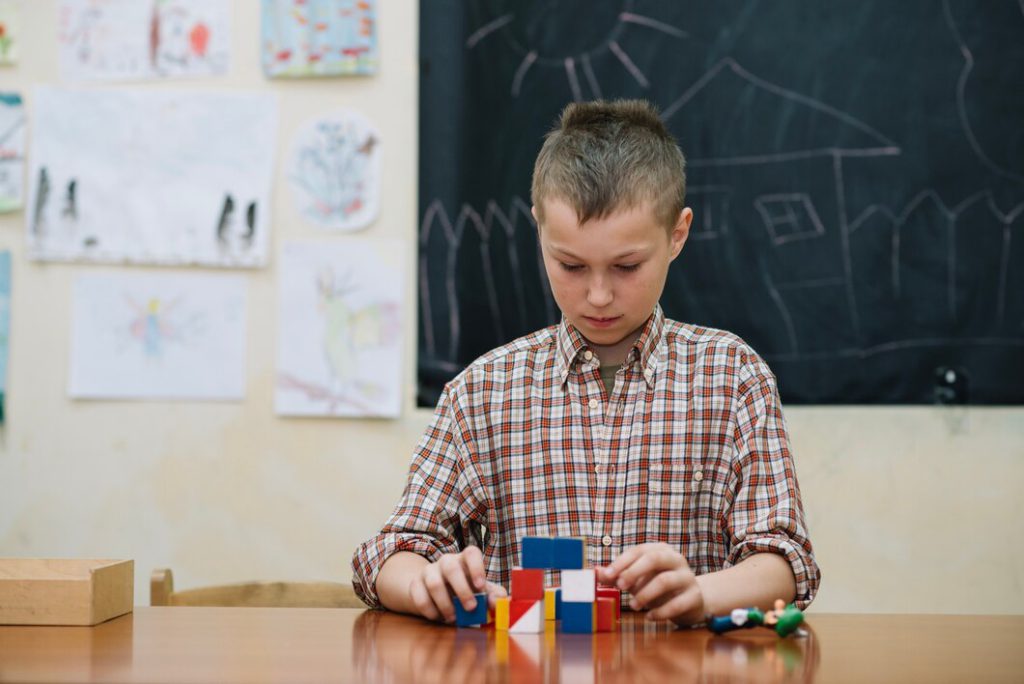
What if the secret to sharper memory and laser-like focus isn’t in the latest app or AI tool—but in a 2,000-year-old counting device?
In a world filled with digital distractions, children are finding it harder than ever to concentrate. Attention spans are shrinking, and memory is often outsourced to Google. But researchers are now turning their attention to a surprising solution: abacus training.
A landmark study published in PLOS ONE found that children trained in abacus-based mental calculation (AMC) showed superior working memory and enhanced attentional control compared to their non-abacus-trained peers.
So, could the rhythmic clatter of beads be the brain booster our children need? Let’s dig into how and why abacus training is quietly becoming one of the most powerful tools for cognitive development in kids.

The Growing Challenge: Why Kids Struggle with Focus and Memory Today
We live in an age where the average child has access to more information than any previous generation – yet struggles to retain even a small portion of it. Thanks to smartphones, YouTube shorts, and endless scrolling, today’s kids are being conditioned for rapid consumption, not deep focus.
According to a survey by the Pew Research Center, 72% of high school teachers say cellphones are more of a distraction than a learning aid in the classroom. Many educators observed that students’ ability to focus on complex tasks had declined over the past five years.
According to a widely cited Microsoft study, the average human attention span dropped from 12 seconds in 2000 to just 8 seconds by 2015—shorter than that of a goldfish.
But it’s not just an adult problem. A Common Sense Media report revealed that 50% of children aged 8 and under now own a mobile device, and spend an average of 2 hours and 19 minutes per day on screens. This early and frequent exposure to fast-paced digital content is linked to lower working memory and decreased attention control in children.
Experts warn that when memory is constantly outsourced to digital tools, the brain loses motivation to encode and store information naturally – a phenomenon dubbed “digital amnesia.”
These trends aren’t just concerning – they’re shaping an entire generation of learners with fragmented attention and fragile memory. But the good news is that early interventions like developing abacus intelligence in children are showing promise in reversing these effects.
How Abacus Training Builds Focus and Memory in Kids
When most people think of the abacus, they picture rows of beads and fast finger movements. However, modern research reveals that something much deeper is happening inside a child’s brain. Abacus training is more than just a way to calculate – it’s a way of developing the abacus intelligence that ultimately leads to sharper focus, better memory, and overall brain development.
What Is Abacus Intelligence?
Abacus Intelligence refers to the unique ability children develop when they combine visual thinking, memory recall, and mental calculation skills. Instead of relying solely on rote memorization, kids learn to visualize the abacus in their mind, strengthening both the left (logical) and right (creative) sides of the brain.
This powerful combination builds what many experts call a “whole-brain advantage.” To understand the neuroscience behind this, explore The Science Behind Abacus Intelligence.
The video below shows Miss Megha Karia, the CEO of UCMAS USA, talking about the science behind abacus intelligence
Here are some ways in which children benefit from it.
1. Sharper Focus Through Mental Visualization
Every abacus session requires children to stay present. They listen, follow instructions, and mentally track bead movements. Over time, this repeated exercise trains the brain to filter out distractions and stay engaged—whether it’s in the classroom, during homework, or even in day-to-day conversations.
Parents often notice that children who practice the abacus show fewer “zoning out” moments and can concentrate for longer stretches compared to peers.
2. Memory That Builds Itself, Not by Force
Unlike memorizing facts for a test, abacus training builds memory organically. Children naturally remember number patterns, sequences, and calculation steps as they practice. By constantly visualizing the abacus, they’re exercising both short-term and long-term memory in a fun, non-pressured way.
This kind of memory recall doesn’t just help in math. It spills over into spelling, reading comprehension, and even remembering instructions at home.
3. Discipline and Confidence Under Pressure
Abacus practice often involves speed drills and timed challenges. These activities push kids to stay calm, organized, and precise even when under pressure. This develops mental discipline and stamina, qualities that are invaluable during school tests and real-life problem-solving.
And the confidence children gain when they solve complex problems in seconds? That carries over into every subject, building resilience and self-belief.

From Forgetful to Focused: Real-World Changes Parents Notice
It’s one thing to talk about brain development—it’s another to see it unfold at home, in school, and in life.
At UCMAS, parents often share stories that start with small wins like:
“My child now remembers to pack all her books without reminders.”
“He finishes homework without drifting off every few minutes.”
“She used to panic before tests, now she walks in calm and confident.”
These are not isolated cases. Over time, abacus-trained kids begin to show remarkable improvements:
- They can follow multi-step instructions without needing repetition.
- They stay locked in during class, even in subjects they once found boring.
- Test prep becomes smoother because their memory is sharper and their mind is more organized.
It’s like watching mental fog lift and being replaced by clarity, confidence, and control. If you’d like to learn more about how the UCMAS approach goes beyond calculations, take a look at The UCMAS Approach to Math Basics and Beyond.
Focus That Translates Beyond the Classroom: Real Stories from UCMAS
At UCMAS Canada, we’ve seen transformations that go far beyond math scores.
Like 9-year-old Aryan, who couldn’t sit through a 30-minute class without zoning out. After a few months of abacus training, not only did his math improve, but he also developed the concentration and strategic thinking that helped him win his first chess championship.
Or Maya, a soft-spoken 8-year-old who struggled to remember instructions. Her teacher used to repeat tasks twice or even three times. But after a year of training, Maya started completing her classwork ahead of time. Today, she ranks in the top 5% of her grade.
Here is another story from Dwarkesh Patel, a proud UCMAS alumnus, who shares how Abacus learning shaped his journey. His story is a true example of how Abacus training transforms young minds into confident achievers.
These stories aren’t rare. They’re what happens when a child’s brain is trained not just to calculate, but to focus, absorb, and act with purpose.
Train the Brain, Transform the Child
Here’s the truth we don’t hear enough: Focus and memory are not fixed traits.
They’re trainable, just like riding a bike or learning a language. And when developed early, they become a lifelong advantage.
Abacus Intelligence isn’t about rote learning or quick math tricks. It’s about giving your child the mental architecture to:
- Think clearly under pressure
- Stay calm and collected
- Recall information quickly and accurately
- Handle academic and life challenges with confidence
And when that kind of brainpower is built early? The results show up everywhere—not just in grades, but in your child’s attitude, self-esteem, and potential.
Building Better Focus with UCMAS Abacus Program
If you’re looking for something that truly builds your child from the inside out, UCMAS is more than an enrichment program. It’s a brain gym that equips your child for every challenge life throws at them.
Book an info session with us to learn more about the UCMAS Abacus Program.





